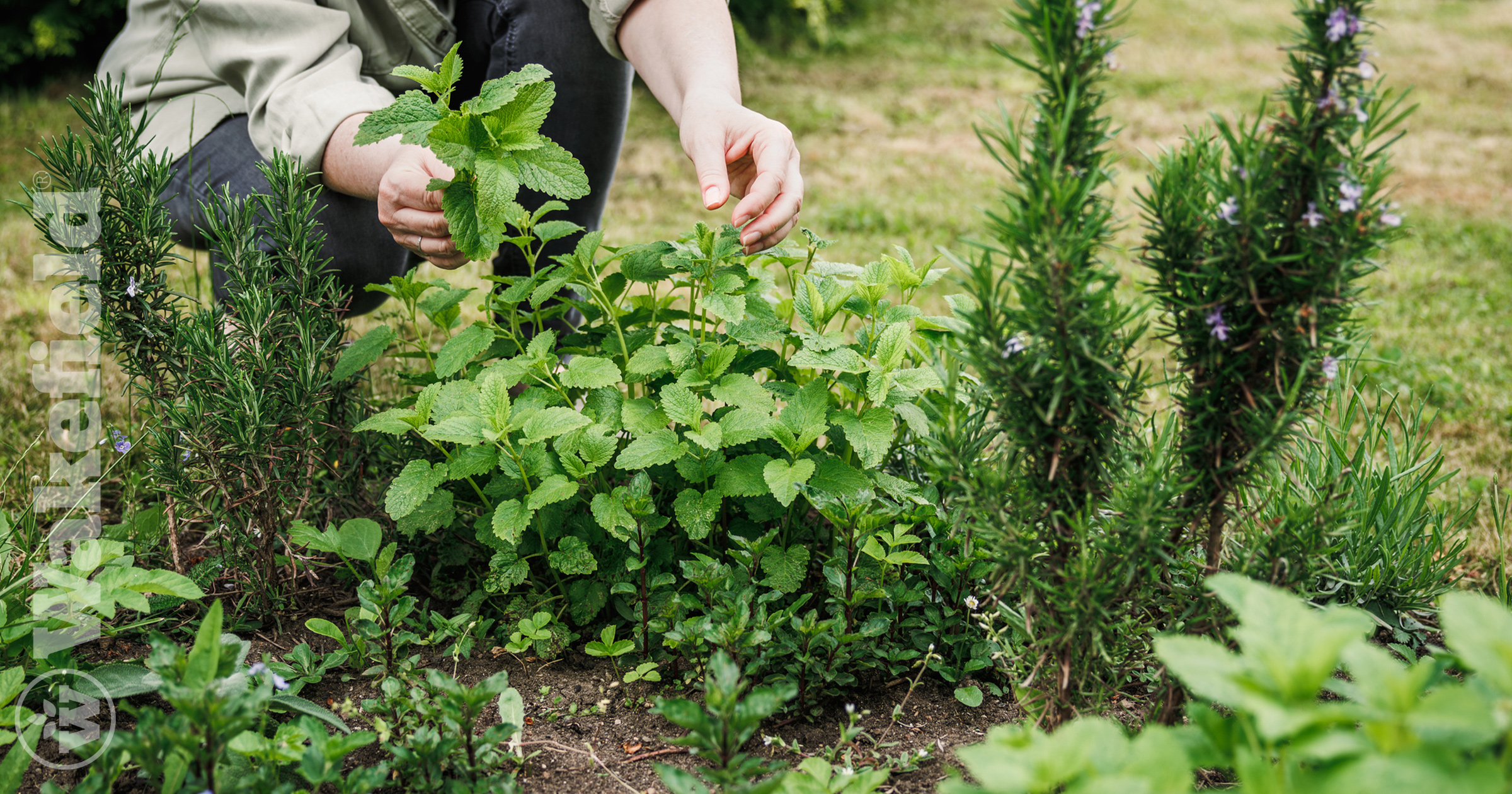How Long Does Biochar Last in Soil?

When you use biochar as a soil conditioner, estimates of its longevity range from a century to a millennium because it resists decay. It will still build soil structure while sequestering carbon far beyond your lifetime. When you buy biochar, you are making an investment that should continue to produce dividends for centuries, if not longer.
When you use Wakefield BioChar, your soil will retain more water and increase microbial activity, so your soil has more nutrients. That means you can grow healthier plants with less work–and you can help reduce harmful greenhouse gases from entering the atmosphere.
Why Does Biochar Last So Long?
So, what is biochar, and why does it last so long? Biochar, consisting primarily of carbon, results from heating biomass at high temperatures in an oxygen-free environment, called pyrolysis. Soils treated with biochar become significantly more fertile and productive.
Of course, ancient people did not possess the same technology. However, in the Amazon Basin 2500 years ago, indigenous people burned plant materials mixed with manure and other organic matter. This material heated slowly and then was covered lightly with soil, allowing it to smolder. The result was Terra Preta, the incredibly rich black earth that still exists. As noted above, it lasts a long time because it resists decay.
Here are other biochar frequently asked questions:
Why Estimates Vary in How Long Biochar Lasts
A century or a millennium? That’s a big difference in time. However, remember that many types of biomasses are used to produce biochar, and some types last longer than others. Much also depends on the temperature used during pyrolysis. Generally, biochar produced using heat above 500° C is more persistent in soil.
In one study, researchers estimated that biochar lasts about 4,000 years. That means any form of biochar from the Bronze Age has finally decomposed. Charcoal, closely related to biochar but not identical, was used to create the petroglyphs in cave drawings.
Why Biochar May Become Less Effective
Biochar is well known for retaining water and nutrients to promote plant growth. However, it is more effective in certain soil types than others. If you are fortunate enough to have fertile, loamy soils, biochar has less work to do and less opportunity to prove effective. If your soil is sandy, acidic, or degraded, biochar can make it more productive. While it can improve clay soils, it also holds more water, which is not advantageous.
Biochar has a pH close to 9 and may impact your soil. Biochar is not considered a pH modifier but it is important to know its characteristics. Some plants, such as rhododendrons, dogwoods, and many evergreens, prefer acidic soils. Adding it to the soil around these plants may affect their growth.
Learn More from Wakefield BioChar
At Wakefield BioChar, our biochar soil amendment is made from virgin wood scraps from Forest Stewardship Council-certified forests in the U.S. With one application, it keeps your soil healthy for a long time. Because each pound of biochar sequesters two pounds of carbon dioxide, a leading cause of global warming, it helps in the slowing down climate change.
Better Soil. Better World.





